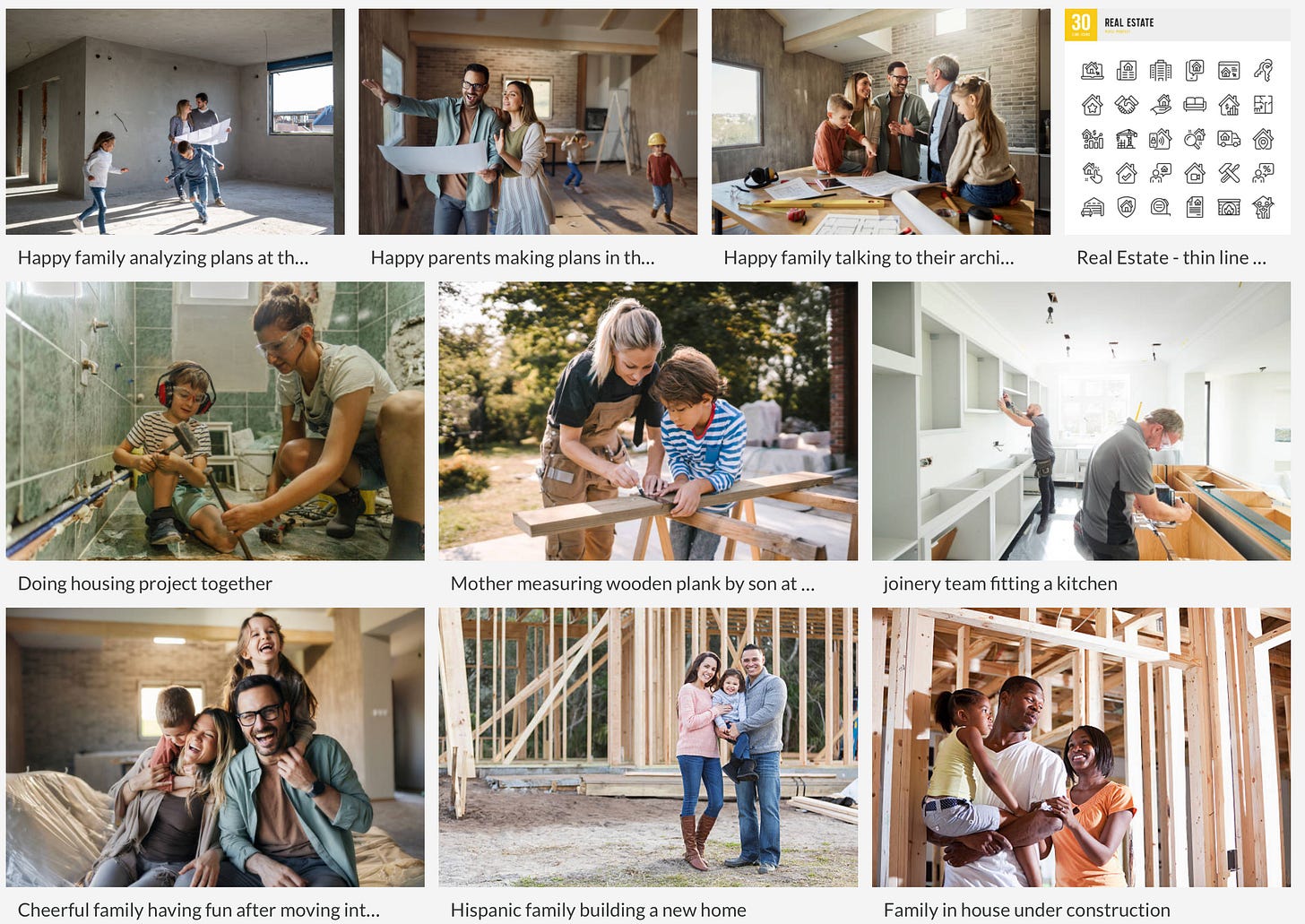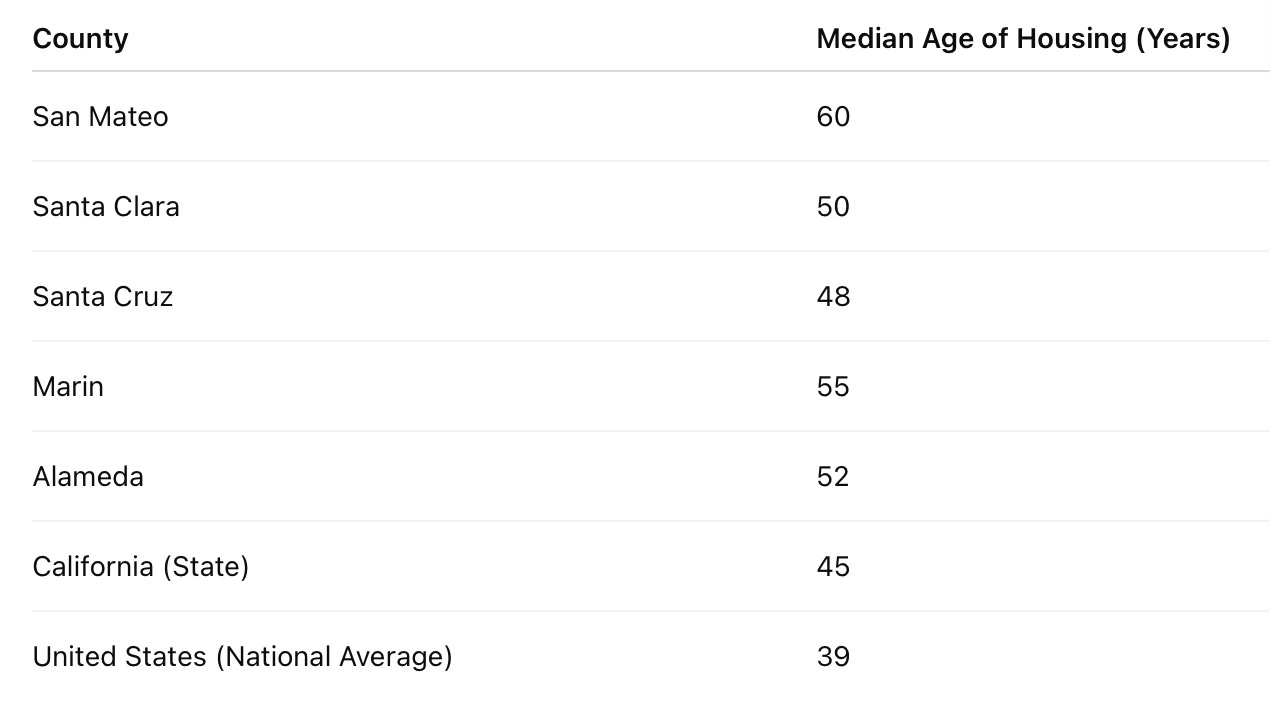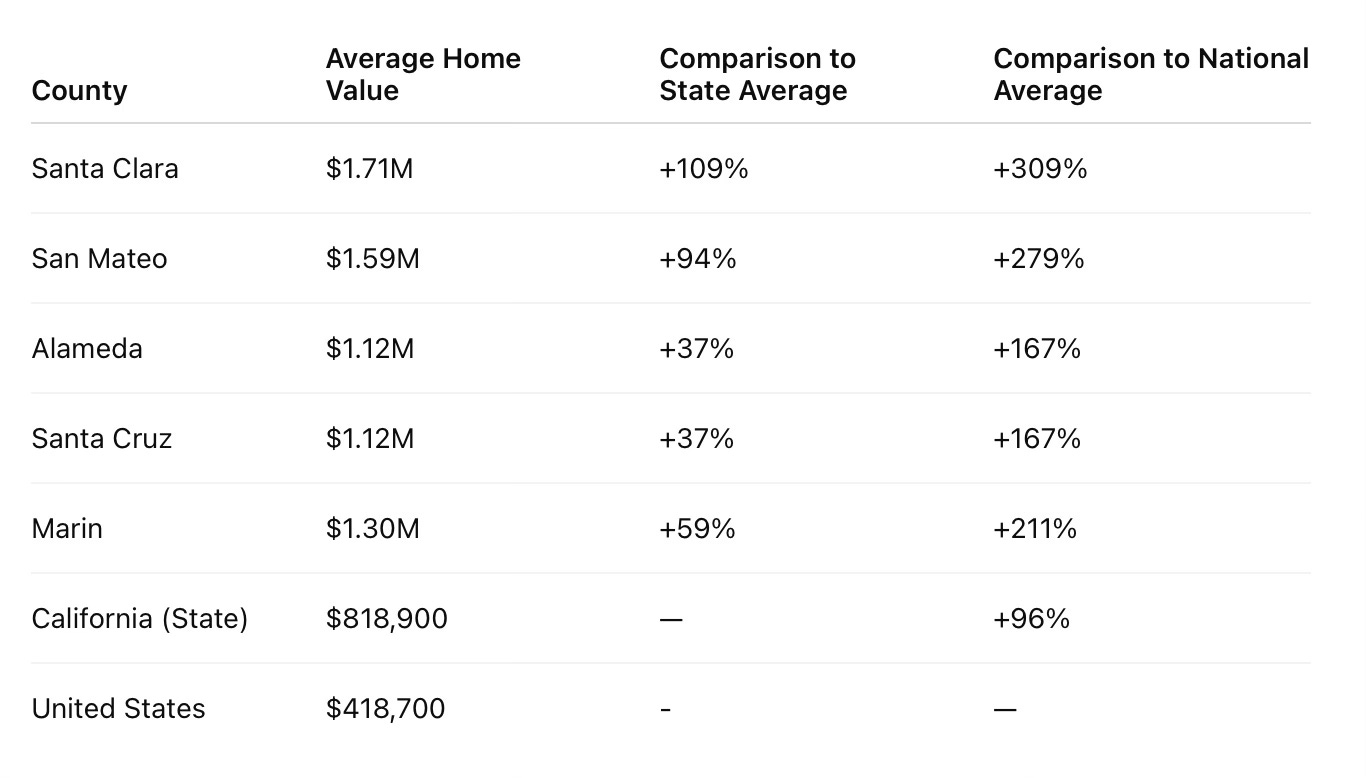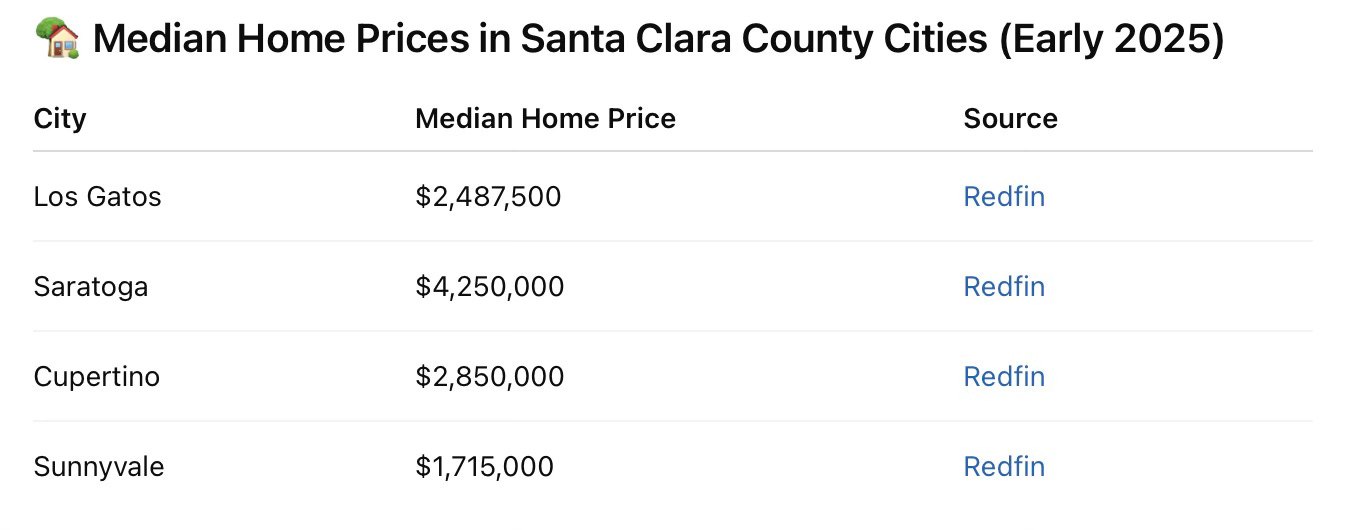In my twenty years of formal education I learned very little about houses. Sure, in Montessori school I learned how to hammer nails, but much of what I learned in grades K-20 can, at best only be considered “background theory” about houses.1
For example, in ME 109 Heat Transfer I learned why fireplaces aren’t great for heating your home; in E 45 Materials Science I learned why metals conduct electricity better than insulators; and in OPTI 502 Geometrical Optics I learned that sunlight passing through window glass reflects 4% of its power at each surface, but after twenty plus years of sitting in class, doing homework, and taking tests, I still knew next to nothing about buying, maintaining, or building houses.2
In fact, school might actually teach us to stay away from subjects we aren’t familiar with. For example, if you haven’t taken a course in biochemistry, what authority do you have to do biochemistry? “You should hire a biochemist.” The econ department hardly interacts with the sociology department even though both work on very similar problems. Our academic departments are silos, often working in isolation, and in some cases fairly ignorant of each other.
We should refer to this style of learning as “tribal, government-subsidized, academic capitalism” in which our learning comes through distinct subjects, disciplines, and fields. Step beyond your boundary and someone will likely ask: “Are you permitted to work in that area? What are your credentials.”
As an engineer with degrees in mechanical and optical engineering, I used to be asked, “What are you?” In interviews, people would ask me to explain my degree in economics. People want to categorize each other. He’s that. I’m this.
I tend to cross boundaries. I like going outsides of my box. I like freedom.
Not only do we specialize and trade to accomplish our goals, we can and possibly often do enter the adult world fairly ignorant of topics outside of any classes we’ve taken. Need a house? Get a job, make money, and hire a “house professional.” Don’t even consider building your own house, and only weirdos “sell by owner.”
Why do we need real estate agents? Because we know almost nothing about houses after a decade or two of formal education. Certainly we can’t allow ourselves to buy and sell something as complex as a house without an agent.
What does this say about formal education? About America? About our tribal nature? About our homes?
Sometime after college I reluctantly started making more frequent trips to Home Depot. At first I couldn’t stand the place. I didn’t understand how the store was organized and couldn’t find what I was looking for. Now with a smart phone and the Home Depot app, it’s easier to navigate the store. The app tells you that “chicken wire” is located on aisle 34, row 12. You don’t need to wander or hunt down an employee. Just search for it on your app and follow the map, or have it delivered to your doorstep.
Home Depot helps ease our ignorance of houses, but it takes years of hands-on learning to gain expertise in the complexities of houses. Might we benefit from a formal course about houses? Or is YouTube the way forward? The difference is diminishing every year.
Would taking formal courses on houses be beneath us? Perhaps “too simple” or “too boring.” Not even community colleges teach much about carpentry. The focus at “two-year colleges” is on HVAC, electrical, and plumbing, but only tradesmen take those courses.
Stereotype: “Tradesmen aren’t people who enjoy what they do, but rather those that made bad decisions, who didn’t do well in school, and who weren’t college material.” We rely on their expertise, yet many of “us” look down upon “them.” They’re just a step up from Mexicans.
We even scorn real estate agents as overpaid, providing too little value, questioning, “What did they really do to earn that big commission?”
Let’s ask chat the following: “Is real estate a common subject in community colleges? What other aspects about houses are taught at community colleges?”
“Yes, real estate is a fairly common subject at many community colleges, especially those located in urban or rapidly growing areas…Beyond real estate sales, community colleges often offer other housing-related courses in fields like:
Construction and building trades
Architecture and drafting
Interior design
Property management
HVAC and energy efficiency
Home inspection"
Maybe we could benefit from a survey course on houses since these programs are geared for career training rather than homeowners.
Living in the San Francisco Bay Area for much of my adult life, I know how old, expensive houses can impact your life. The housing stock in Bay Area counties is rather old and sometimes dilapidated. ChatGPT tells me its housing stock is significantly older than the national average. “Please tell me the average age of the housing stock in San Mateo, Santa Clara, Santa Cruz, Marin, and Alameda counties as compared to the national or state averages.”
Okay, so that gives some basis for what I’m about to say. Housing in the Bay Area sucks compared to many other parts of the country. This is a big reason why we left Silicon Valley.
Considering their cost, the amount of knowledge homeowners should possess about houses is enormous, especially for residents in the Bay Area.
Me to chat: “What is the median home price in these counties as compared to the national or state average?”
And one more time: “Please provide median home prices in Los Gatos, Saratoga, Cupertino and Sunnyvale.”
Seems like a lot of money to spend on something that you know little about through your formal education being that formal education is how many kids and young adults spend their time. Making a housing mistake in these counties and cities can be very expensive. On the other hand, making good housing decisions in Silicon Valley can be very lucrative.
Yet the learning curve here is quite steep and informal. Is this a good thing?
Much of our learning about houses comes through family, the web, big box stores, and conversations with professionals. As we move forward in our politically divided country I expect to see interesting things happen regarding how we learn about and interact with our houses.
Stepping back further from housing, we can ask more general questions about food and security. We rely heavily on professional farmers and security professionals. Our ignorance of self-defense, food production, and housing is enormous. Never before in the history of the world have humans been so ignorant about how to hunt, grow food, defend themselves, and build homes.
What are your thoughts about this ignorance?
For millions of years our daily activities revolved around gathering, hunting, fishing, family, and building homes. And for thousands of years, farming.
Now we go our separate ways. This is more than just specialization and trade: our individual ignorance about houses is closely tied to our culture of education. For too many of us, “college” became the focal point of our family life. “Must get into a good college. Must get a good job.” I’m not sure that we were considering the bigger picture.
Is this how we want to live? Do we have a choice? Don’t we want to be more in touch with our homes, food and security?
Is it a luxury to be knowledgeable about houses or is it beneath us?
I never took wood shop. Instead my dad recommended I take Spanish in 7th grade, not because Spanish was more interesting to me, not because it would be more useful in my day-to-day life, but rather to boost my GPA in high school. Spanish 5-6, 7-8, etc. were considered honors classes at my high school and were scored on a 5.0 grade point scale, giving me a leg up in class rankings. The “smart kids” took Spanish while many of the “average kids” took wood shop.
I’m exaggerating here a bit, but not by much.







